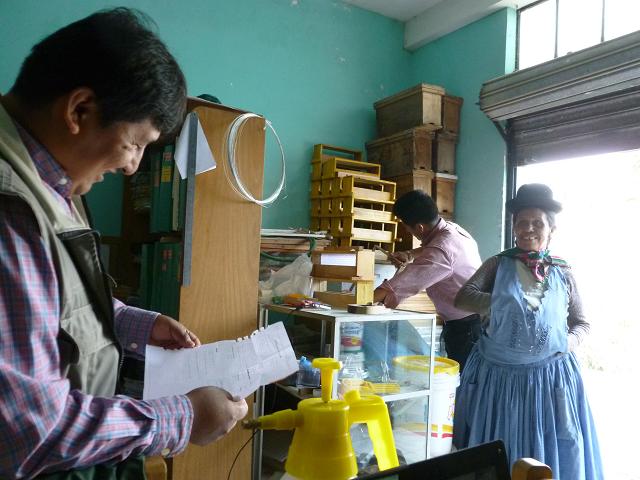
by Rachel Satterlee
A university on the eastern slopes of the Andes in rural Bolivia is providing an avenue for students to obtain professional skills and lead sustainable development in their own communities, something that was unattainable prior to its founding in 1993.
The Unidad Académica Campesina-Carmen Pampa (UAC-CP), a college offering undergraduate degrees to men and women from Bolivia’s rural area, was founded by Sister Damon Nolan, a missionary Franciscan who has worked in education in the tiny Andean community of Carmen Pampa since 1980. She witnessed the lack of access to higher education, absent from most rural areas in Bolivia, and recognized that young people –especially girls – had very few opportunities to become professionals in order to help advance their own communities. Tuition and housing at universities in large cities like Bolivia’s capital city of La Paz are unaffordable for young people from rural areas and access to higher education is limited, even if they have personal motivation and moral support from their families. In addition to economic obstacles, attending a university in a large city takes young people away from their traditional communities, separates them from their communities’ livelihoods, and rarely offers the experience needed in order for them to return to their communities and help stimulate local development.
See Also: Climate Change and Gender Inequality in Bolivia
The UAC-CP is fulfilling this need, offering undergraduate degrees in agronomy, education, nursing, veterinary/animal science and rural tourism. The students practice service-learning through community service projects that benefit the College itself and surrounding rural villages. Classroom studies, community outreach, research methods, production activities, the focus on peace and justice, an emphasis on gender balance, and a group of dedicated professors and administrators are all part of the College’s unique curriculum that give students the footing they need to succeed after graduation.
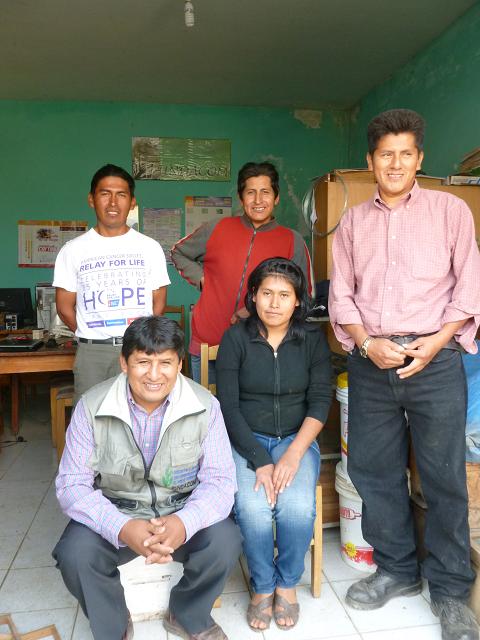
One example of success is a 1999 Agronomy graduate named René Villca. Villca is the executive director of a honey processing association called FUNDACOM, based in the town of Coroico, near the College. FUNDACOM was founded in 2005 by a group UAC-CP graduates who continue to manage the budding enterprise. Five out of six of his current employees are UAC-CP alumni (see photo), and Villca manages the intake and processing of honey from many small, rural indigenous farmers from across the entire region. Startup funding was provided by the Horning family from Washington, D.C., and now FUNDACOM receives funding and support from FONADAL, an E.U.-supported institution that “promotes integral development processes by financing projects prioritized by local stakeholders and beneficiaries…in the areas of economic, social, and environmental [development].” With this support, Villca’s business is able to provide 98 percent of its supply of honey to the Subsidio Prenatal y Lactancia program of Bolivia, which is the equivalent of WIC (Women, Infants and Children) food assistance in the United States. FONADAL pays FUNDACOM a market rate for the honey that they provide for free to poor families in Bolivia. The remaining two percent of their honey is sold in the general market.
When asked what FUNDACOM’s role is in supporting sustainable and environmentally friendly livelihoods for rural people, Villca responds that, “We generate development that supports the protection of natural resources. Beekeeping is an activity that requires a healthy environment.” FUNDACOM provides technical support to the beekeepers that work with them, helping farmers solve problems, and giving advice about how to increase production. In this way, Villca hopes that the association can contribute “con un grano de arena [with a grain of sand], helping to fulfill the mission of College, to empower the neediest people.”
Villca has tremendous gratitude for his education and the support that he received at The Unidad Académica Campesina-Carmen Pampa. He grew up in Charazani in an indigenous Quechua family, with his four siblings, and parents who never had the opportunity to go to school. His father did not contribute to the family, and his mother earned the equivalent of less than one dollar per day. His mother encouraged her children to pursue education, and with her moral support he graduated from high school. Villca later became the first person in their family to enroll incollege. With two scholarships from Catholic missionaries, he was able to pursue a degree in agronomy at the UAC-CP.
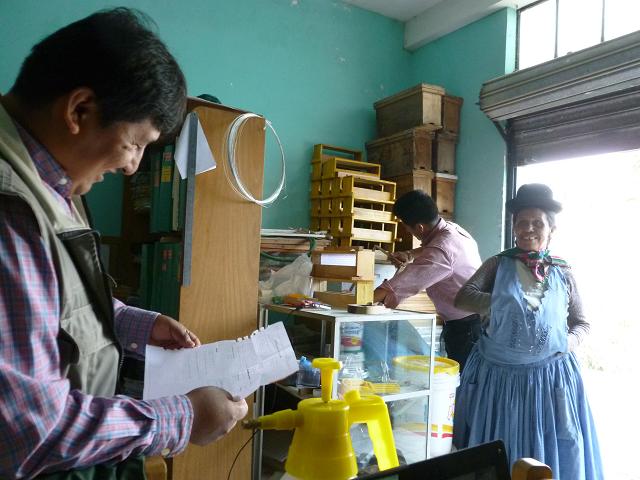
It is clear that Villca regards all of his success with much grace and appreciation, as does the FUNDACOM staff. He says that without his college education at the UAC-CP and the scholarships that he received, he could not have studied beyond high school. He knows his education has not only completely changed his role within the community, both in terms of leadership and acceptance, but also his own perception of himself and a pride in his culture and rural community. He is grateful to be able to support his wife and kids on an income that provides a living wage.
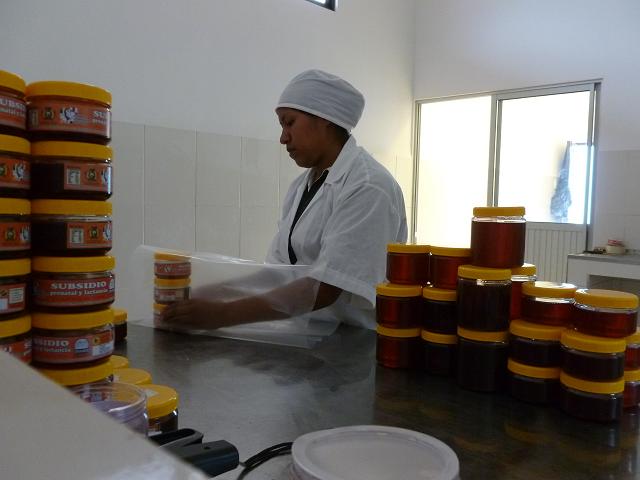
As more students enroll in degree programs at the College, and as more students graduate, there continues to be more and more inspiring stories similar to that of René Villca. And one thing will never be in doubt: education in rural areas creates positive change for some of the world’s most deserving people.
Rachel Satterlee is pursuing a Master of Arts in Sustainable International Development at Brandeis University and is completing her 6-month work practicum at UAC-CP.
Do you know of any inspirational stories related to education and sustainable development? Share in the comments below.
This article originally appeared in the October 2012 issue of Global South Development Magazine that focused on inspiration. You can download the issue for free.


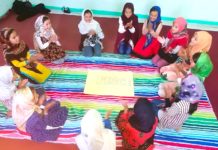








[…] Caranavi at the Sartawi microfinance organization, Felix commutes to the town of Coroico to work at FUNDACOM, a honey processing association. Both are supporting rural people through providing loans, […]
[…] of Global South Development Magazine as part of the special “Inspiration Issue.” Click here to access the article […]